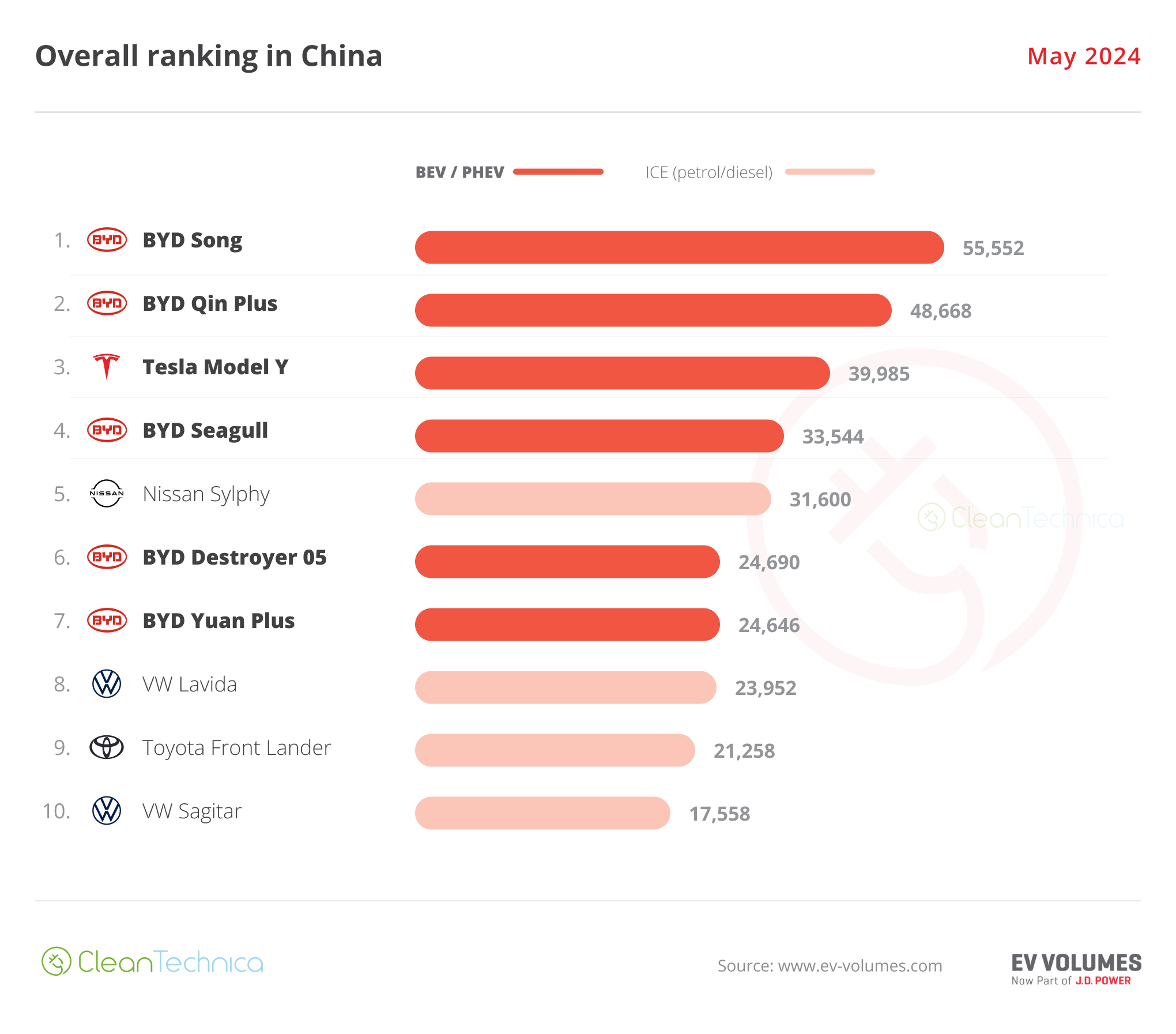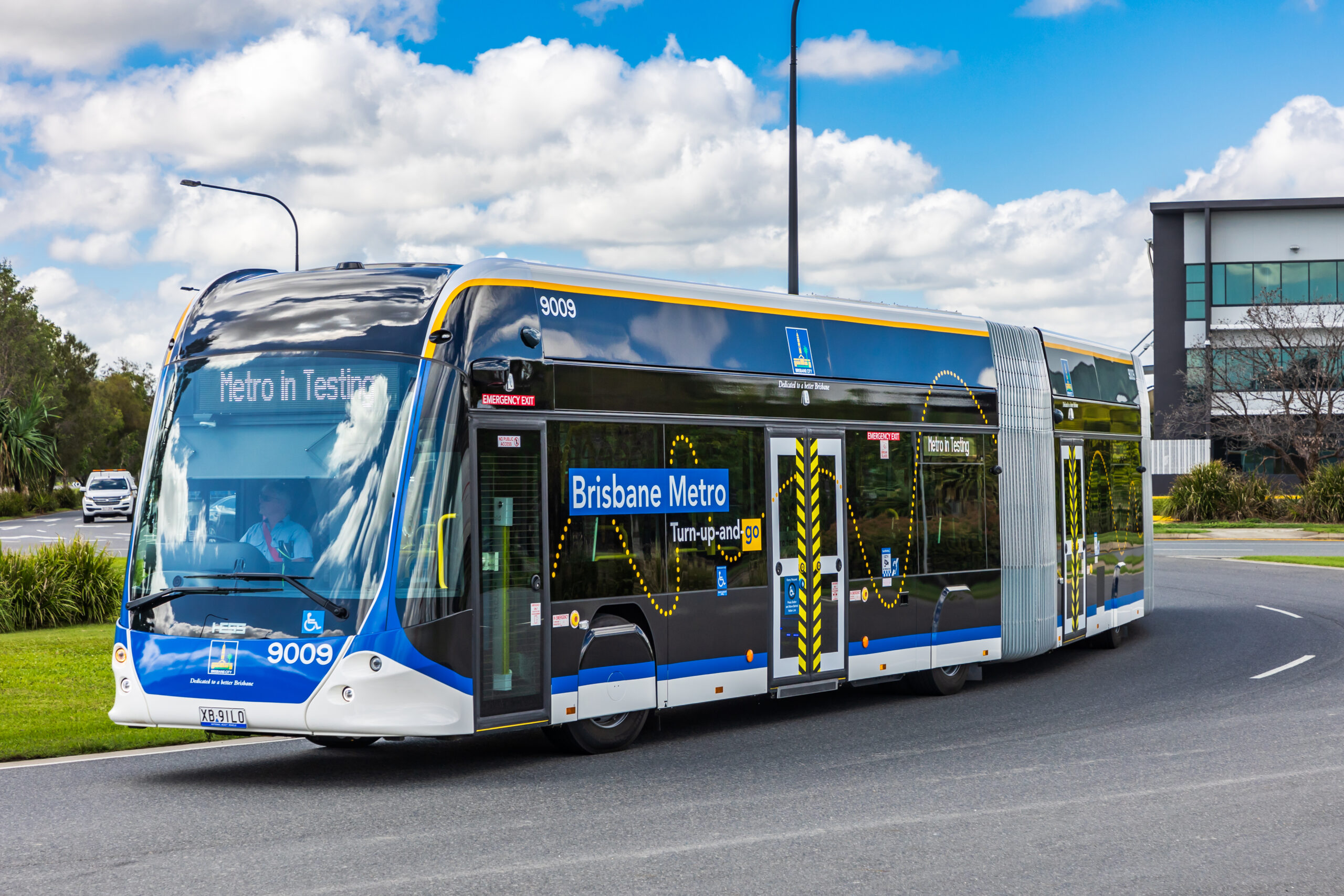Sign up for daily news updates from CleanTechnica on email. Or follow us on Google News!
Here at CleanTechnica, we have a habit of bagging on Toyota in recent years. Toyota was doing quite well a few years ago, pushing aggressively into hybrids when few other companies gave electrification the time of day. But, the company kind of got stuck there. As the rest of the industry pushed on into full EV technology, Toyota not only stubbornly stuck with hybrids, but ran ads poo poo-ing EVs and calling hybrids “self charging.” But, as even fellow Japanese automakers have abandoned hopes for hybrids and hydrogen, even Toyota had to concede.
The next thing Toyota did was roll out yet another announcement about solid-state batteries. Obviously, EVs are better, right? So, why not wait a few more years for better battery technology that gives almost unimaginable range and longevity? Toyota’s done this enough times in recent years that EV fans just don’t believe it anymore, seeing it as a stalling tactic instead of a real business strategy.
But, a recent press release that’s seen little fanfare, the company did something we haven’t seen much of lately: put in an order for some normal, real-world, buy-them-today battery cells! A couple weeks ago, LG Energy Solutions and Toyota announced that the companies have signed a supply agreement for regular lithium-ion battery modules to be used in Toyota EVs slated for upcoming U.S. production.
LG Energy Solution will supply automotive battery modules to support Toyota’s expanding line of electric vehicles. The modules, manufactured in LG Energy Solution’s Michigan facility, will have an annual capacity of 20GWh starting from 2025. This collaboration will contribute to Toyota’s stated goal of offering 30 EV models globally and produce up to 3.5 million EVs annually by 2030.
“At Toyota, our goal is to reduce carbon emissions as much as possible, as fast as possible,” said Tetsuo “Ted” Ogawa, president and CEO of Toyota Motor North America. “Having secure supplies of lithium-ion batteries at scale with a long-term relationship to support Toyota’s multi-pathway approach and growth plans for BEVs in North America is critical to achieve our manufacturing and carbon reduction plans. Working with LG Energy Solution, we are excited to be able to offer products that will provide the performance and quality our customers expect.”
To supply the batteries agreed upon, LG Energy Solution plans to invest 4 trillion Korean won (approximately $3 billion) in its Michigan facility. This money will be spent on dedicated production lines for battery cells and modules just for Toyota, and it’s expected to be completed by 2025. Initially, the battery modules will be delivered to Toyota Motor Manufacturing Kentucky, where they will be assembled into battery packs and installed in full BEVs.
LG Energy Solution and Toyota say that this investment aims to combine their expertise in battery manufacturing and advanced technologies. This collaboration aims to create a high-performance battery system that enhances the customer experience. LG Energy Solution says its innovative power solution and focus on battery safety, including thermal management, will contribute to optimizing battery system performance, too.
But, keep in mind that the companies are not offering anything out of the ordinary. High-nickel NCMA batteries aren’t some exotic future technology that Toyota claims will transform the industry. They’re fairly normal batteries like everyone else is buying or building alongside LG Energy Solutions. So, the company is actually going to build some EVs in volume instead of promising to do it later.
“We’re excited to have Toyota, the best-selling global automaker, as our new customer. With our 30 years of experience in lithium-ion batteries, we will provide innovative power solutions to support Toyota’s push further into battery electric vehicles,” said Youngsoo Kwon, CEO of LG Energy Solution. “The agreement also presents another big opportunity for us to strengthen our production capacity in North America, thereby bringing more real-life, large-scale progress toward electrification in the region.”
LG says this deal represents the company’s largest single supply agreement that isn’t part of a joint venture. This also means the company now supplies its batteries to all of the top five global car manufacturers, too. Looking specifically at North America, the company has eight battery manufacturing facilities currently operating or under construction, and LG plans to continue to expand both production network and supply chains.
This Doesn’t Look Like A Trick
Unlike the solid-state battery announcements we kept seeing from Toyota over the years, this is both an announcement about normal batteries and an announcement that’s jointly made with a real battery company that supplies other automakers with real batteries. Actually putting a deal together is serious business instead of claiming that Toyota would like to do this someday. After all, LG isn’t going to invest billions of dollars in something the company’s executives don’t think will really happen.
So, this is a good sign that Toyota is actually taking BEVs seriously this time instead of playing delay games and lip service. Toyota obviously still believes that solid-state battery tech will work out in the coming years and deliver a superior BEV solution, but Toyota isn’t saying that the company refuses to make EVs for North America until that’s available.
This also tells us a lot about the North American market. Toyota wouldn’t have done this deal and committed itself to EVs if the company didn’t think there was a real market for it and if Toyota felt like there was another way forward that didn’t require building EVs. With a number of states moving to end the sale of new ICE vehicles (eventually including hybrids), there’s just not a future where continuing to play hybrid games makes sense in the U.S. and Canada, with Mexico likely to eventually follow suit.
So, it’s clear that not only Toyota, but the United States and Canada are pretty serious about EVs now, and that’s not something these large companies expect to turn around any time soon.
The next big question we’ll need to see answered is exactly what Toyota plans to offer in the North American market. Will the company continue to push weak offerings like the bZ4X? Or will we start to see some serious, high-quality EVs that make for some serious sales? We’ll have to wait for further announcements to see what Toyota’s actual EV strategy looks like.
Featured image provided by LG and Toyota.
Have a tip for CleanTechnica? Want to advertise? Want to suggest a guest for our CleanTech Talk podcast? Contact us here.
EV Obsession Daily!
I don’t like paywalls. You don’t like paywalls. Who likes paywalls? Here at CleanTechnica, we implemented a limited paywall for a while, but it always felt wrong — and it was always tough to decide what we should put behind there. In theory, your most exclusive and best content goes behind a paywall. But then fewer people read it!! So, we’ve decided to completely nix paywalls here at CleanTechnica. But…
Thank you!
Tesla Sales in 2023, 2024, and 2030
CleanTechnica uses affiliate links. See our policy here.





